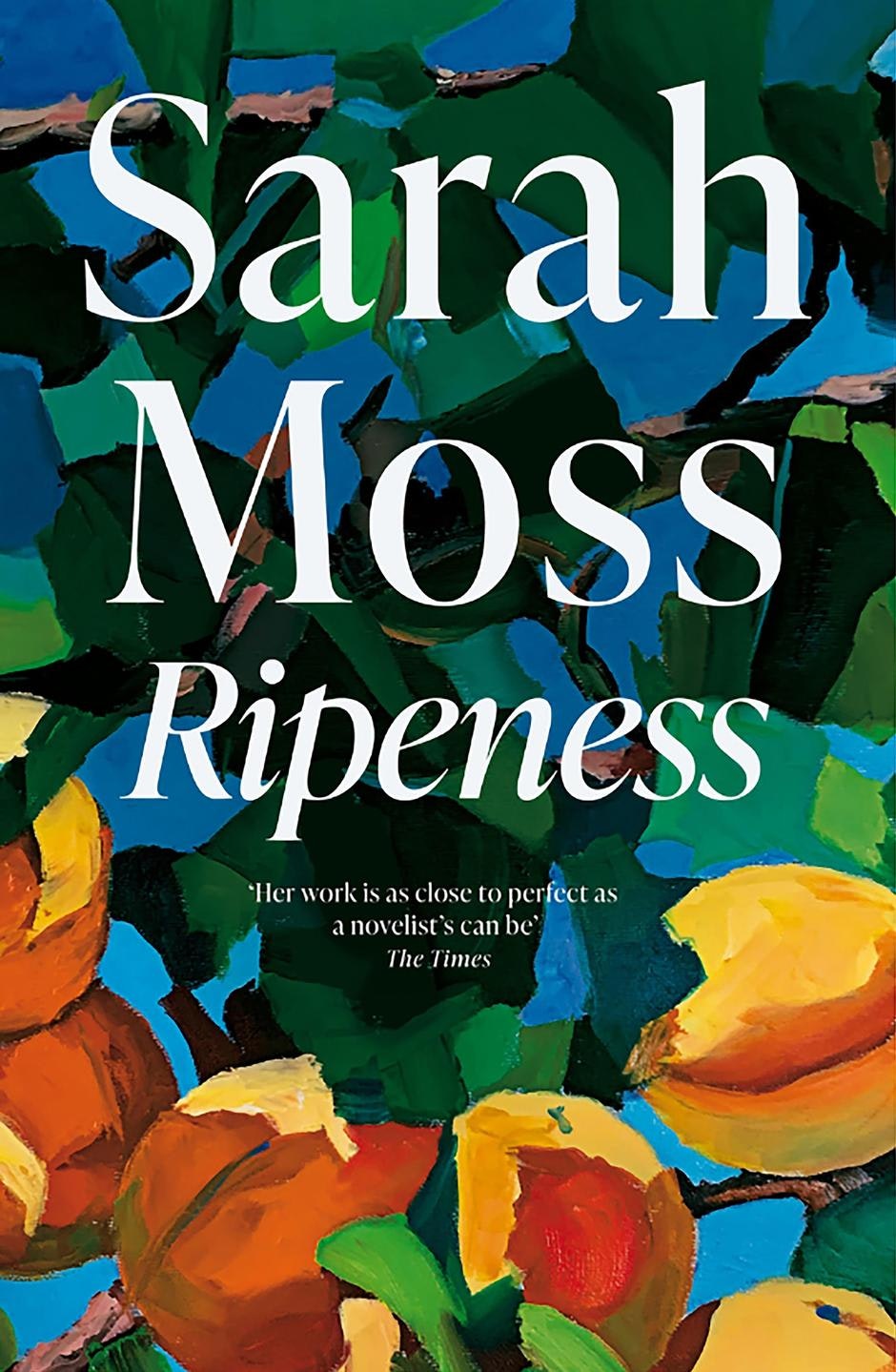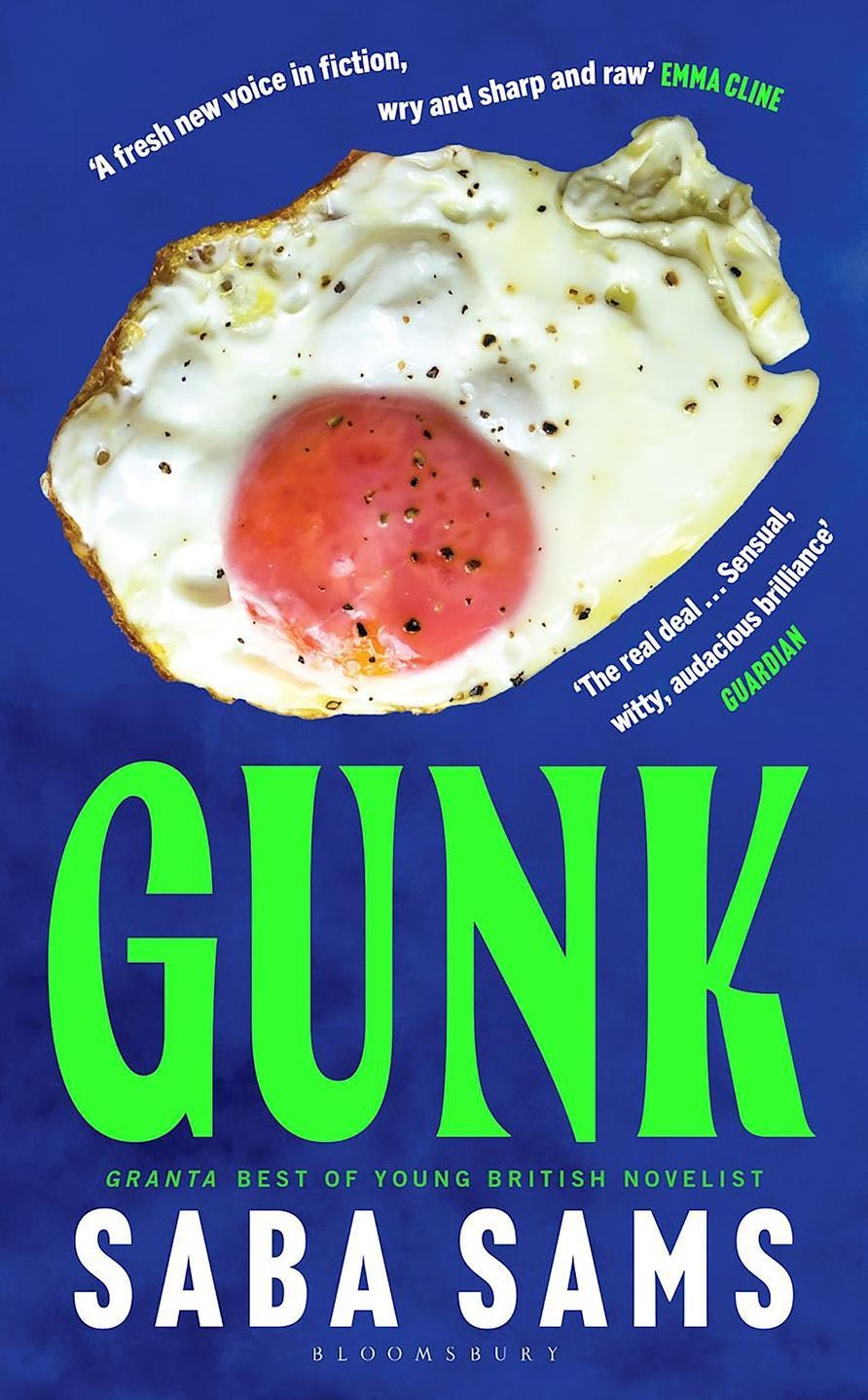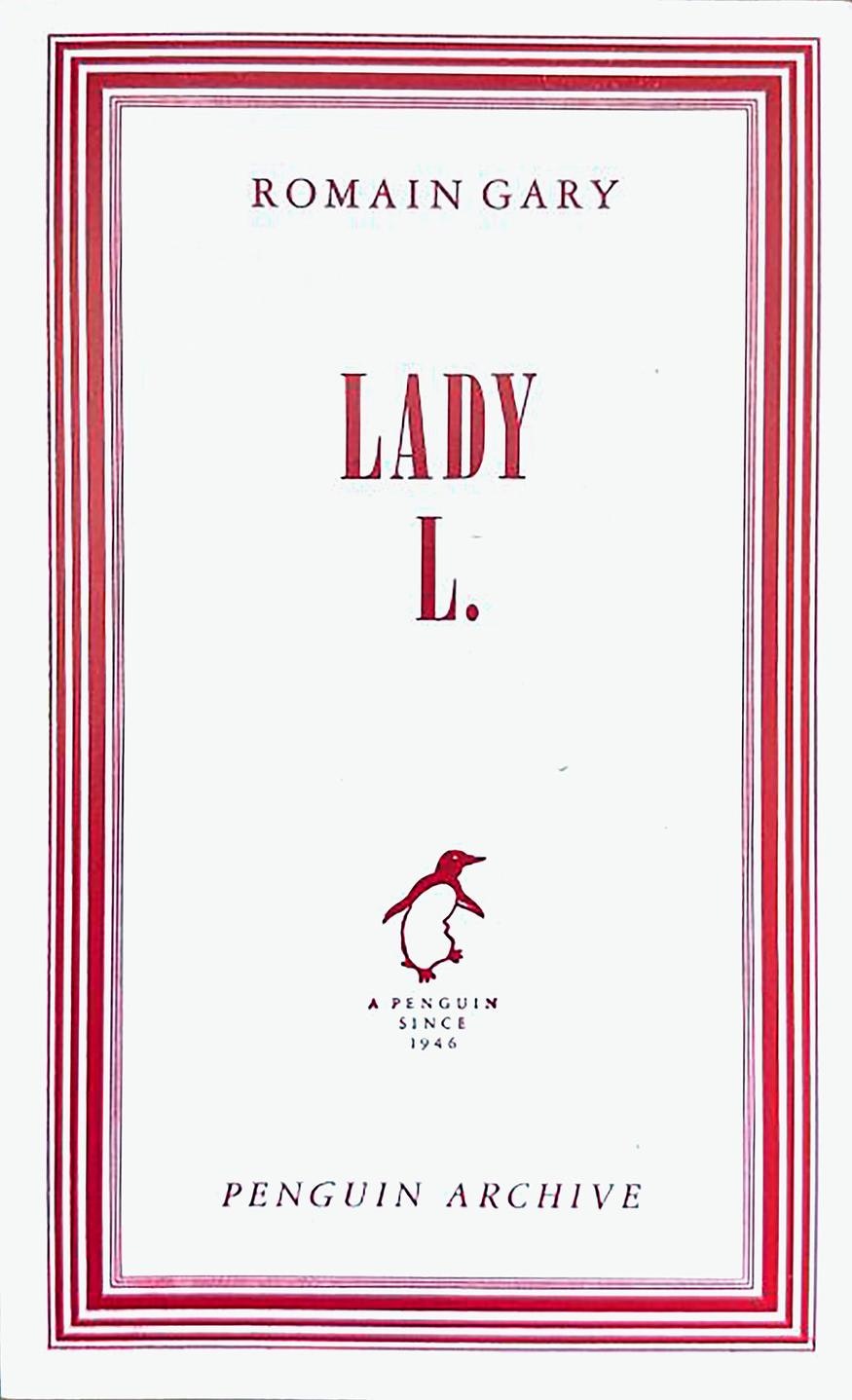This article is taken from the June 2025 issue of The Critic. To get the full magazine why not subscribe? Right now we’re offering five issues for just £25.
Quality will out, they say. Oh, really? There’s no shortage of gifted writers who have never had a sniff of a major prize. The English novelist Sarah Moss, now based in Dublin, is such an obvious example of this that her publicity materials now include one newspaper’s pointed summary: “the best British writer never nominated for the Booker”.
Moss’ new novel, Ripeness, might fix that. It opens in what we might call banging style, as a woman has rough sex whilst trying not to think of Sylvia Plath’s fascist-fantasy poem “Daddy”. The woman is Edith, a middle-aged Englishwoman living in Ireland in 2023, who is divorced and in a relationship with an Irish-German man named Gunter.
The present-day sections of the book, featuring Edith’s comfortable relationships with Gunter and best friend Meabh, are in the third person and alternate with chapters narrated by Edith describing a teenage trip to Italy in the 1960s. She was visiting her pregnant sister Lydia, a ballet dancer, and it turns out that these chapters are Edith’s account of Lydia’s son’s birth, written for his benefit decades later.
As with her previous novels, there’s a sense that the narrator’s no-nonsense resistance to sentimentality reflects a quality in Moss’ own character. (Aside from anything else, she is rare amongst novelist-critics in being willing to dole out a direct thumbs-down to another novel when required).

She “tends to like people less when she lives with them”. She is cynical toward Lydia’s career — ballet, for women, is just “being carried around on a stage holding your arms in a very straight line” — though she is susceptible enough to beauty to envy that sense of being held when she sees it happen on stage.
Much of the pleasure in Ripeness is of being in the presence of a fluid intelligence, whose adaptable prose and capacious worldview can riff on everything from ballet to male friendship, share the rhythms of its subject (as in a beautifully cadenced passage on swimming) and draw on literary references from Ulysses to Middlemarch to Macbeth. It’s a measure of the book’s success that the plot doesn’t really kick into gear — that is, the book doesn’t catch up with its own blurb — until halfway through, but we don’t mind at all.
Of the plots that develop in each timeline, the 1960s one is more satisfactory because it’s more dramatic. Both touch on the novel’s overall theme of belonging: who do we belong to, and where do we belong? If the book has a weakness, it’s that there is almost too determined an approach to work in various aspects of this question explicitly, from Ukrainian refugees in contemporary Dublin to Edith’s family history, where her “Maman”, the “Jewish Cinderella”, is the child of Holocaust victims and taught her “Jewish survival skills: know when to keep quiet”.
The book clearly draws in part on Moss’ own experience of transplanting herself to Ireland, with plenty of observations both light (“She has measured her integration with [the] phrase ‘You know yourself how it is’”) and pithy (“The Irish zeal for land ownership is post-colonial. Few rights of way, no public access to the hills … Irish people want to own the ground under their feet and say who is allowed to go there”).
The emotional violence of the conclusion to the 1960s story with Edith and Lydia is a perfect climax for a book that, for all its traditional structure and realist style, is quietly iconoclastic. It builds to its key plot points rather than setting off from them. It challenges preconceived notions of motherhood. And, in a literary culture which — from Salman Rushdie to Philip Pullman — prizes the value of stories in and of themselves, Moss dares to declare that “storytelling isn’t mending”. Maybe that’s why she had to move to Ireland.
Saba Sams is at the beginning of her literary career but has already had substantial acclaim. In 2023 she was named as one of Granta’s Best of Young British Novelists, a once-a-decade list of writers under 40 which, since its inception in 1983, has had a good track record of identifying talent.
But the 2023 list was different from the four that came before. It was a list of potential more than of existing achievement, and Sams was one of those on the list who hadn’t yet published a novel. She did however have a collection of stories — Send Nudes. I read several of them and found some ticklish conceits but little of interest in the writing. Still, writing is a learning game, so Sams’ debut novel Gunk seemed worth trying.

At the opening, our narrator, Jules, is nursing a newborn baby and trying to feed him. Sams is very good on the emotional lability of the new parent: the feeding anxiety, the nerves that his “irregular, shuddery breaths” in sleep might not continue. But there’s a twist: Jules is not the baby’s mother. The mother, a younger woman named Nim, absconded from the hospital after the birth and left Jules to it. A tantalising start, to be sure: but this is a novel that is structurally the reverse of Moss’ Ripeness. It starts with the big plot twist, and then the book looks back to see how we got here.
If a novel is going to frustrate the reader’s desire to find out what happens next, then the backstory had better be dazzling. It isn’t. Jules recounts her life to date: being an only child; escape from the family nest to Brighton; working in a nightclub named Gunk and her relationship first with its owner Leon and then a young employee — Nim.
The same issues were apparent to me here as in Sams’ stories: the prose itself has little distinction, style or depth, with occasional exceptions. Late on, there are tender scenes between Nim and Jules when expressing Nim’s breast milk and some nice one-liners, as when one character, referring to Leon’s tendency to hire attractive young staff and sleep with them, observes that “Leon’s one fake ID away from a prison sentence”.
But mostly it’s dispiritingly flat. Flatness of style can be a literary choice — witness Bret Easton Ellis — but there’s no evidence of rigour here. This is not the only issue. The whole set-up, of Nim intentionally abandoning her baby for Jules to look after never rings true, because we don’t know enough about Nim. (She would have been a more interesting central character.)
Jules herself is an oddity. Following the timelines of her backstory — met Leon aged 28, married six years, divorced for five — she must be about 40 years old, yet she has none of the maturity in her voice of a middle-aged woman. She sounds closer to twenty-something — the age of her author. What are we to think when Jules refers to “the University of Life” as though it’s her own coinage? Or when she expresses awe that she “was once a baby, that I grew inside my mother and was pushed out”? Is Sams poking fun at her own narrator?
All in all, Gunk doesn’t offer much to chew on — or much cause for faith in the lesser-known members of this decade’s Granta list. Better luck in 2033.
Another once-a-decade tradition is Penguin’s ransacking of its back catalogue to celebrate its birthday. This year, everyone’s favourite sphenisciform publisher marks 90 years and has reissued and stylishly jacketed 90 short books.

One that tickled my fancy was Romain Gary’s Lady L. Gary was a French novelist whose status as a crossover popular/literary author makes him, approximately, a Gallic Somerset Maugham or Nevil Shute. In this novel, written by Gary in English in 1958, Lady L. is an octogenarian of faded glamour, French by birth but living in England for most of her adult life. She is a status-obsessed socialite who loves “things” — “objects, bibelots, turqueries, cheap paintings, pieces of odd furniture” — which clearly her creator does too, as he fills paragraphs with them.
Lady L.’s children have risen to high office, but she has a secret, which she longs to tell the guests at one of her soirées and “shatter their comfortable complacency”. Instead, she confides in her closest hanger-on, poet laureate Sir Percy. To go into this in detail would be unfair, but her story involves anarchist terror cells, pimps and prostitutes, real figures from the legendary cad Gabriele d’Annunzio to “her old friend Oscar Wilde” and political infighting.
Beneath this frothy surface, there’s some interesting and astute stuff on how social standing protects us from the consequences of our actions and the ease with which we make assumptions about classes of people. When an aristocrat is told by a revolutionary that “the people” will destroy him, he points out that, to the contrary, most of them would like to join him.
Perhaps Maugham and Shute are not quite the comparison here. On the strength of Lady L., Gary might be better thought of as akin to Stefan Zweig: page-turning, socially intriguing and melodramatic to the point of campness. “Art is reactionary in its essence because, like alcohol, it tends to make people forget their unhappiness,” one character says. Whether Lady L. is art is open to question, but it’s a lot of fun.












